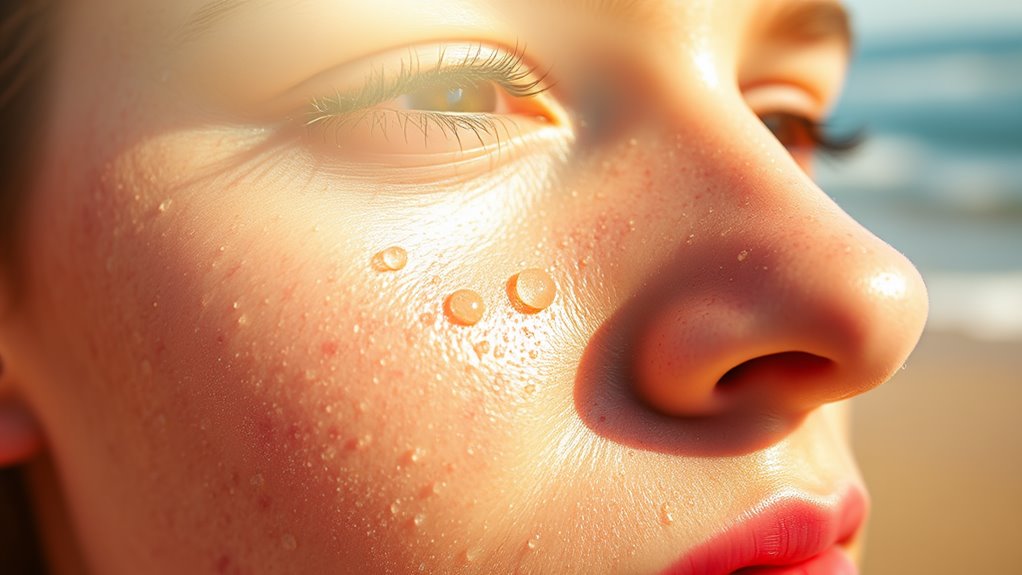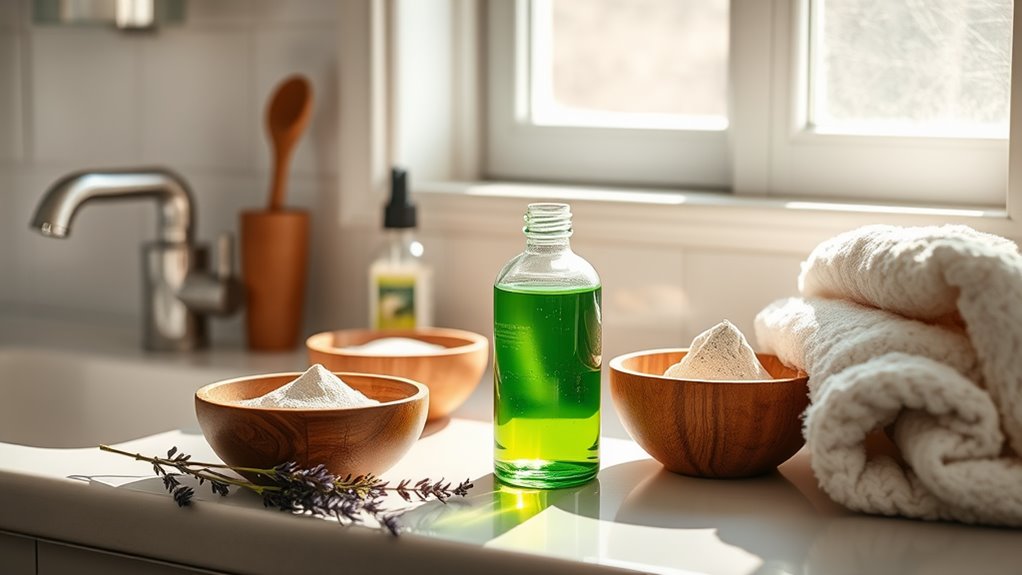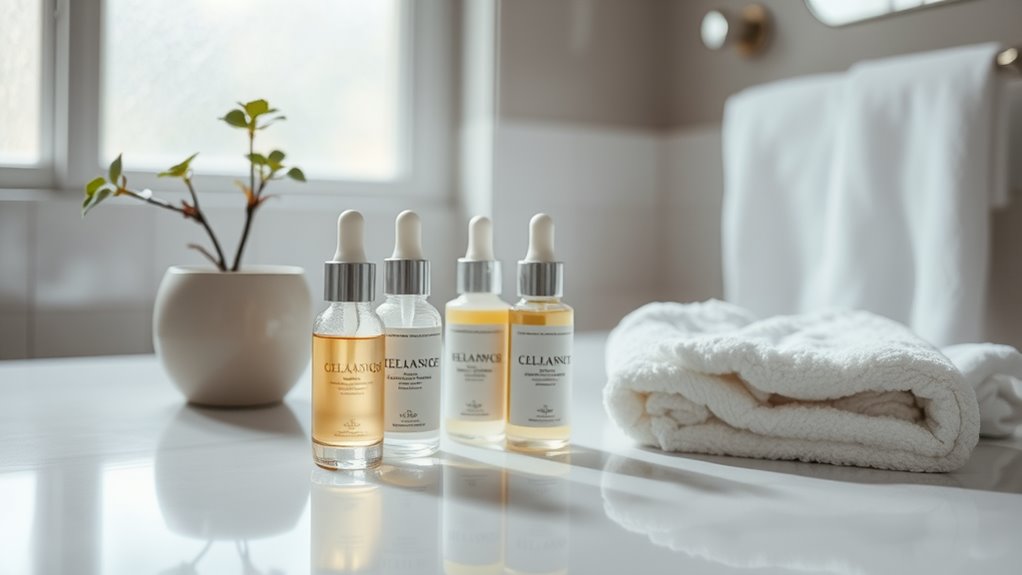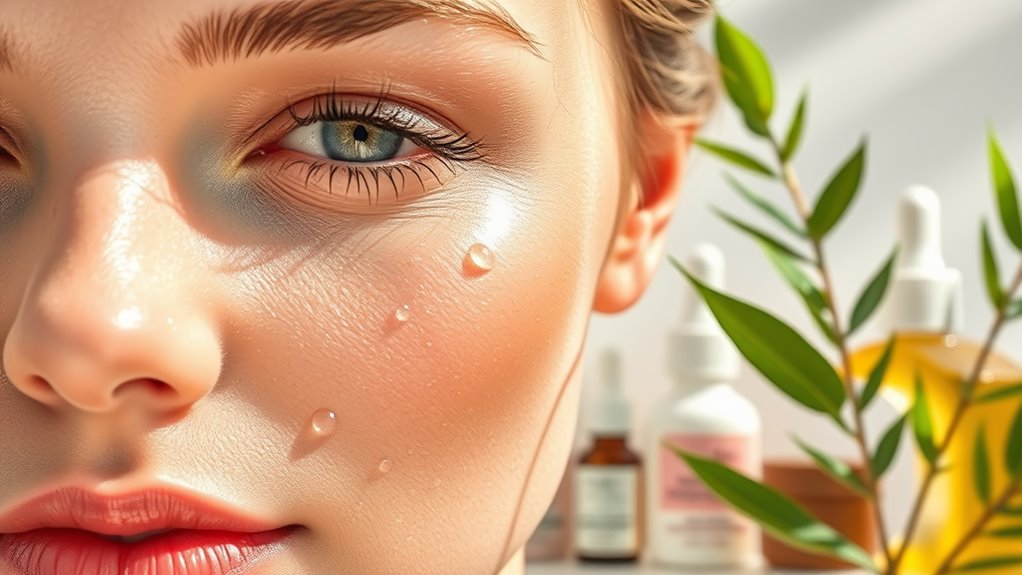Why You Should Never Skip a Sunscreen-Even If You Have Acne
If you have acne, you might think skipping sunscreen is a good idea. After all, you’re already dealing with breakouts. But that couldn’t be further from the truth. Sunscreen is essential for protecting your skin from UV rays that can worsen inflammation and cause dark spots. The right formula can even soothe irritation. Curious about how to choose the best sunscreen for your skin type?
Key Takeaways
- Sunscreen protects against harmful UV rays, which can exacerbate inflammation and worsen acne breakouts.
- Proper sunscreen prevents long-term skin damage, including hyperpigmentation and premature aging.
- Non-comedogenic and oil-free sunscreens are safe for acne-prone skin, helping to maintain clear complexions.
- Daily application of sunscreen is crucial, as UV rays penetrate clouds and windows, causing potential harm.
- Consistent use fosters healthier skin habits and reduces the risk of acne flare-ups over time.
The Importance of Sunscreen for Acne-Prone Skin
Have you ever wondered how sunscreen affects your acne? You might think that applying sunscreen will only worsen your breakouts, but that’s a common misconception. In fact, using the right acne-friendly sunscreens can actually protect your skin from harmful UV rays while keeping your acne at bay. The sun can exacerbate inflammation and hyperpigmentation, making your acne worse in the long run. So, skipping sunscreen isn’t an option if you want to maintain clear skin.
When selecting an acne-friendly sunscreen, look for formulas that are non-comedogenic, oil-free, and lightweight. Ingredients like zinc oxide and titanium dioxide are excellent choices, as they provide broad-spectrum protection without clogging your pores. These mineral-based sunscreens not only shield your skin from UV damage but can also help soothe existing irritation. Additionally, it’s important to choose lightweight, non-comedogenic sunscreens to ensure they won’t contribute to breakouts.
You’ll find that products labeled as “non-acnegenic” or “for sensitive skin” are usually safe bets too.
It’s essential to apply sunscreen daily, even on cloudy days or when you’re indoors. UV rays can penetrate through windows, affecting your skin’s health. Incorporating sunscreen into your routine won’t only protect against sunburn but also prevent long-term skin issues like premature aging and dark spots.
Make sure to apply it as the last step in your morning skincare routine, and reapply every two hours if you’re spending time outdoors.





